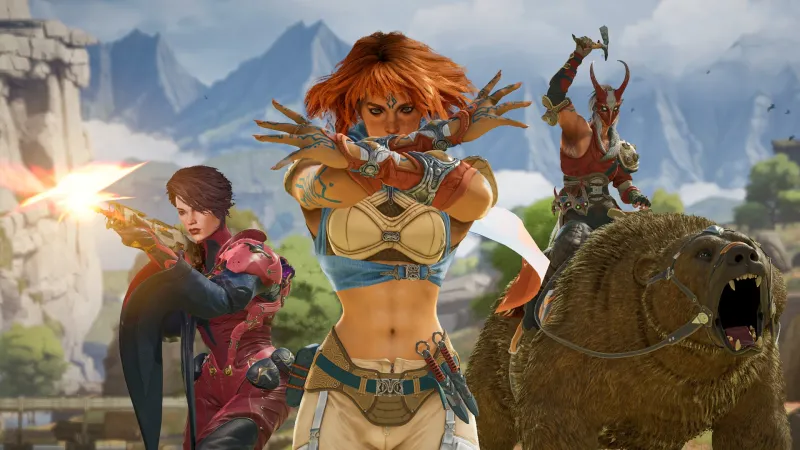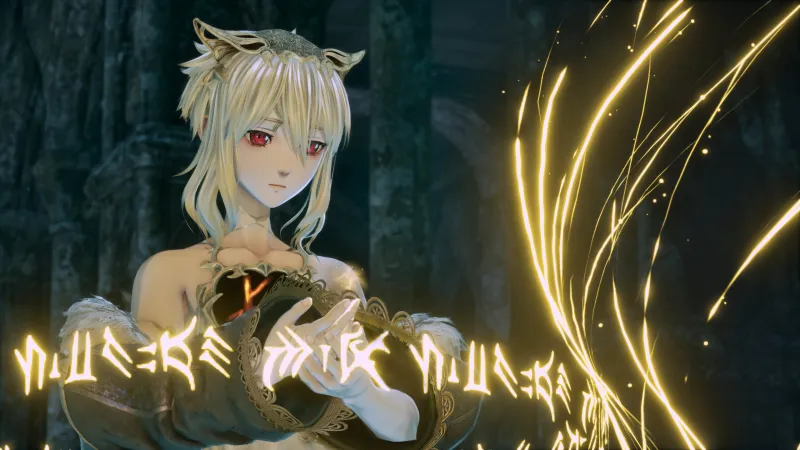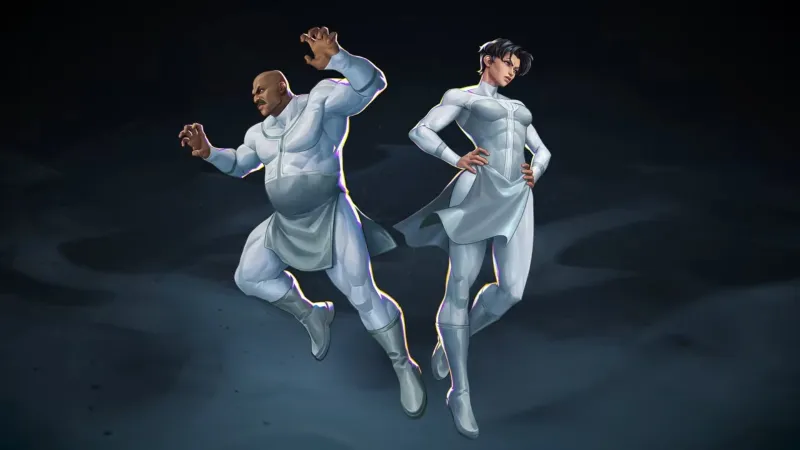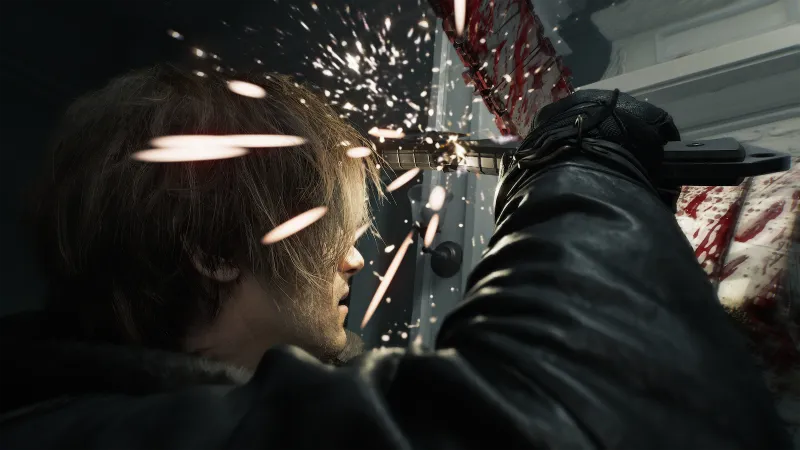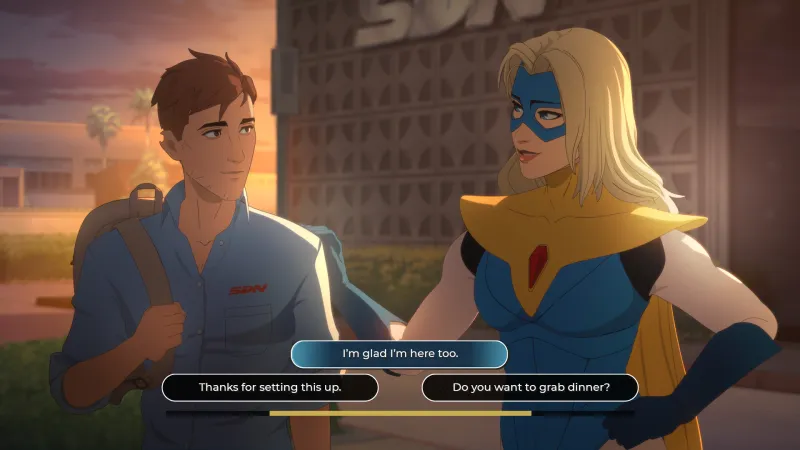
Video games have been trying to compete with film for years. Some developers hire A-list actors, pile on cinematic spectacle, and chase Hollywood flash like a cartoon coyote chasing its prey. While trying to compete with film, games have often adopted the language of cinema. Dispatch offers an alternative. Instead of imitating movies, it borrows liberally from prestige television, showcasing character-driven storytelling, slow-burn drama, and high emotional stakes that tighten with every episode.
AdHoc Studio is still a young team, but it came out of the gate swinging. Its first game proves that the old Telltale adventure formula was never broken; it just needed a rewrite. Dispatch is a compelling interactive drama that feels like binge-watching a stylish new superhero series. And in this case, the writing is the ultimate star.
Dispatch’s narrative gripped me from its opening minutes. The story follows Robert Robertson, the third in a long line of high-tech heroes who go by the moniker Mecha Man. When Robert’s powerful mecha suit is trashed during a catastrophic mission, he’s forced to rethink his life choices and ultimately joins the Superhero Dispatch Network. As you might guess from the name, SDN is a superhero-run organization dedicated to routing heroes to emergencies around the city.
Now desk-bound, Robert’s life quickly devolves into a tightrope act as he manages crises behind the scenes while juggling office politics, broken egos, and a messy love life. It’s a refreshing take on old superhero tropes, focusing on bureaucracy and complex relationships rather than grand spectacle – though there are some spectacular fights along the way. The writing balances sardonic workplace humor with genuine heart; I found myself laughing out loud at Robert’s deadpan exchanges with other heroes.
The choices in Dispatch flow as naturally as conversation. Thankfully, none of the options flash “good” or “bad” like a neon sign; everything feels grounded and human… well, superhuman. Dispatch’s choices consistently compelled me to think through their consequences. I actually had to pause the game when I was asked if I wanted to reveal my secret identity to a reformed villain who despised Mecha Man but didn’t know I was the man behind the machine. Not every decision carries this kind of gravity, and the choices don’t radically rewrite the overarching plot, but I didn’t care because the larger narrative felt so sturdy. Instead, those smaller choices quietly reshape relationships, background events, and inform your ending. These ripple effects made me want to start a second playthrough the moment the credits rolled, just to see how things would tilt the other direction.
The main gameplay diversion is the mission dispatch system, where you send heroes into the field while you manage things from behind a desk. These sequences drop you into a command center view of the city as you’re tasked with juggling bizarre emergencies: rescuing a farmer from a bee attack, tracking down an escaped science experiment, or calming down an enraged kaiju. The tasks sound straightforward, but their challenge lies in their inherent vagueness; I never quite knew the danger level of each mission or the ideal team size to send. That uncertainty pushes you to constantly gamble with the team. Do you send fewer heroes and risk failing the task, or overcommit resources and face the threat of being short-staffed later? The system is a little messy, but perfectly captures the feeling of being stuck behind a desk while all the action happens elsewhere. Like my love life in college, it’s all strategy, no field time.
Dispatch isn’t a triumph of mechanical innovation. It doesn’t reinvent the narrative adventure game, but it doesn’t pretend to. On the other hand, it delivers one of the most compelling interactive dramas in years, an adult animated superhero story with the emotional punch of prestige television and a script that truly shines. I didn’t want to stop playing just because I needed to know what happened next; I kept playing because I cared who it was happening to.







